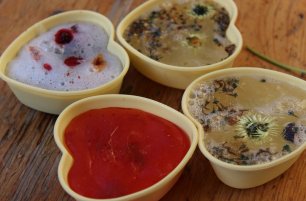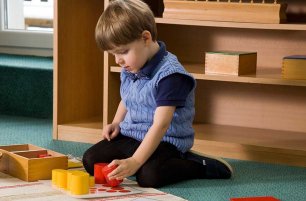IMSP Podcast: Meet Alumna Diana Peštová
It’s our pleasure to introduce you to this week’s guest on the IMSP podcast series: Diana Peštová. Born and raised in the Czech Republic, Diana now studies language and culture at the University of Amsterdam. Diana catches up with our host, Mariana, as she reflects on how IMSP helped her to think outside of the box. Passionate about writing, singing, and acting, Diana shares how Montessori education allowed her to explore her interests at her own pace.

In Diana’s own words:
“My name is Diana Peštová and I am 19 years old. I attended IMSP from the age of three to eight. After that, I studied at another English school in Prague called PBIS, from which I graduated in 2020. After a gap year during which I taught children English and discovered my passion for linguistics and literature. I am now pursuing this area at the University of Amsterdam (UvA). My other interests include acting and singing, which enabled me to land a part in a large school production of The Addams Family Musical.”
Twenty years ago, IMSP opened its door for the first time. This podcast series follows Mariana Bečková — IMSP alumna and graduate of the program — as she shines a light on her fellow Montessori graduates. Celebrating our 20th anniversary, we are taking time to reflect with students who have been with us along the way. Tune in and learn more about their experience in the IMSP classroom and what Montessori means for them today.




